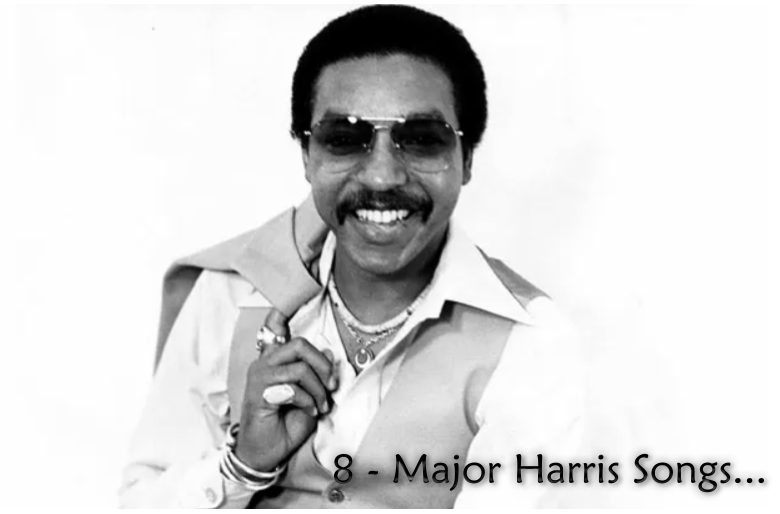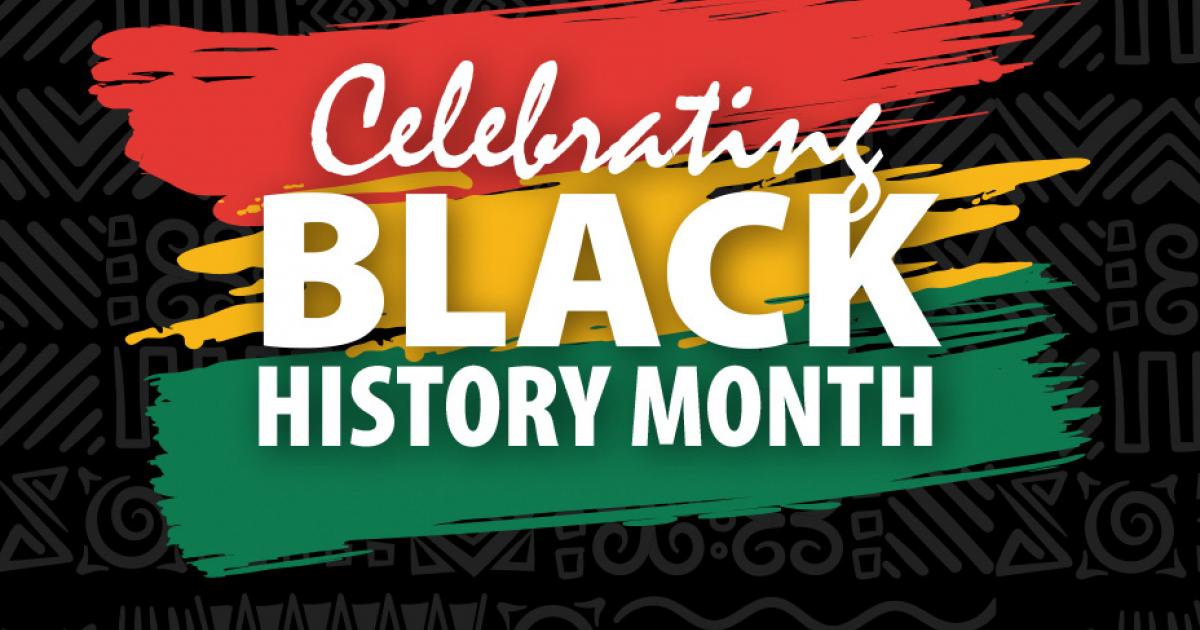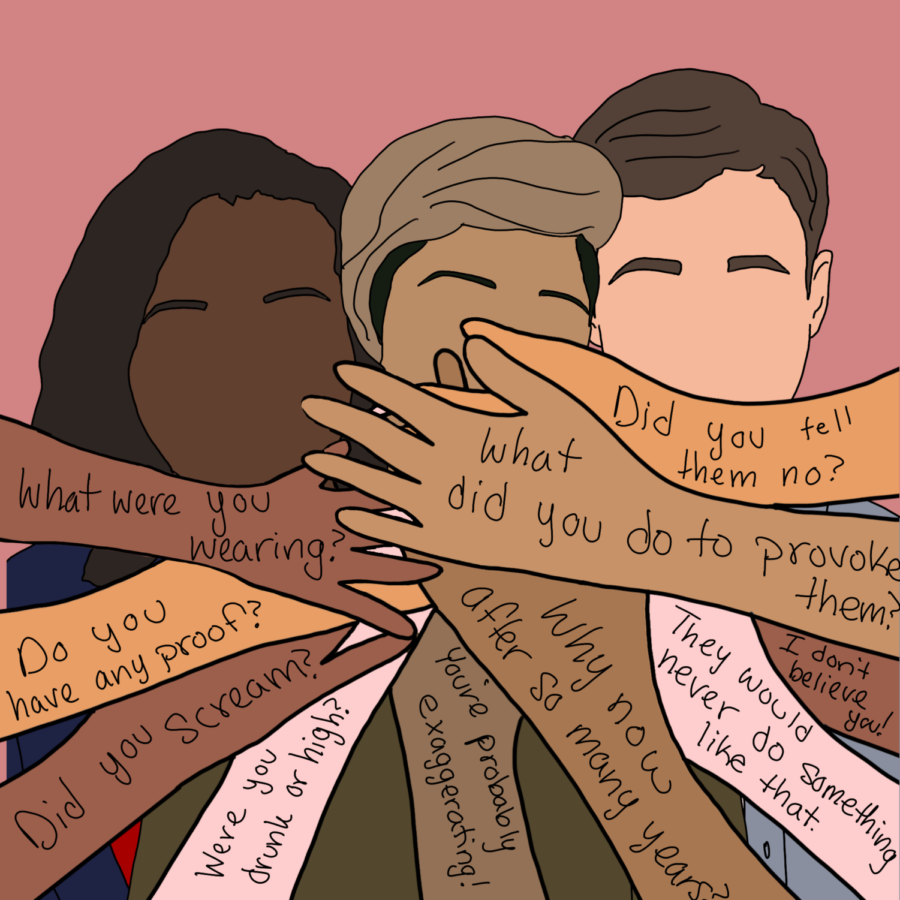(ThyBlackMan.com) Major Harris may not have achieved the household name status of his contemporaries, but his influence on soul and R&B music is unmistakable. As a solo artist and as a member of the legendary Delfonics, Harris delivered a brand of smooth, emotionally intelligent music that spoke directly to matters of the heart. His voice had a rich, expressive tone that carried the weight of lived experience — whether he was singing about passion, pain, or peace, he always did so with striking sincerity.
Harris’s solo catalog, particularly during the mid-to-late 1970s, is filled with nuanced, well-crafted songs that deserve deeper recognition. He was part of a generation of artists who viewed love as a serious subject — not a passing emotion, but a world unto itself. His ability to transition between vulnerability and sensuality, heartbreak and healing, sets him apart as a soul vocalist who wasn’t afraid to explore every corner of human connection.
The eight standout tracks highlighted here showcase his vocal brilliance and his skill as an emotional interpreter. These selections reflect an artist in full command of his craft — a man who could make romance sound holy, heartbreak feel bearable, and even jealousy poetic. For anyone seeking a deeper appreciation of 1970s soul or a fresh discovery in timeless R&B, these songs are essential listening.

1. “Love Won’t Let Me Wait”
“Love Won’t Let Me Wait” is the crown jewel in Major Harris’s discography — a slow jam classic that defined bedroom soul in the mid-1970s. With its sensual string arrangement and Harris’s tender falsetto, the track is a textbook example of how to build sexual tension musically without losing taste or class. The track was a massive hit, climbing to No. 5 on the Billboard Hot 100 and securing Harris’s place in soul music history.
What makes “Love Won’t Let Me Wait” special is how it seduces the listener without ever feeling forced. The gentle guitar plucks and Marvin Gaye-esque background vocals give it a softness that’s hard to replicate today. When Harris delivers the lines “The time is right / Turn down the lights / And take my hand,” you’re not just hearing a lover’s plea — you’re witnessing a moment of trust and emotional connection that feels genuine. He isn’t rushing intimacy; he’s letting the emotion rise like steam from warm skin.
The track’s bridge — a spoken-word interlude that feels like a confession shared between lovers in the dark — elevates it from being just another slow jam into a piece of musical theater. Harris doesn’t just sing about love, he performs it. And that vulnerability, that slow undressing of emotion, is what makes the song so powerful. It’s an invitation into closeness that transcends the physical and touches the spiritual.
Even in 2025, this track remains a staple for romantic playlists, and its influence is still heard in modern R&B ballads. Artists like Tank, Maxwell, and even D’Angelo have borrowed from its slow-burning intensity. “Love Won’t Let Me Wait” isn’t just a song — it’s an experience. It still deserves candlelit nights, red wine, and someone special to appreciate it with. For those who understand the art of seduction through music, this one never goes out of style.
2. “Each Morning I Wake Up”
Buried a bit deeper in his solo debut album is “Each Morning I Wake Up,” a beautifully written and performed track that showcases Harris’s ability to express vulnerability. This is not a dancefloor filler or a chart-chaser — it’s a meditative piece about love’s quiet impact on daily life. The melody is restrained, the pacing thoughtful, and Harris’s voice? Smooth, almost prayer-like, like he’s uttering morning devotions to someone who still lingers in his mind.
The instrumentation supports that sentiment with gentle, almost weightless arrangements — mellow horns, soft drums, and piano chords that drift like morning sunlight through sheer curtains. There’s no flash here, only feeling — and that’s exactly the point. The composition never overpowers; it creates space for the listener to reflect and absorb the emotion Harris delivers so naturally.
This track feels like the kind of song you play when you’re sitting alone by a window, watching the world wake up while your heart remains occupied by a memory. It’s that quiet sort of longing that isn’t painful, just persistent. Harris doesn’t belt or wail — he sighs, and in that sigh is a mountain of emotion. Few soul singers of the era captured that kind of stillness with such clarity and restraint.
In today’s streaming world, where attention spans are short and production is often over-polished, “Each Morning I Wake Up” offers something rare: a space to breathe, to feel, and to reflect. It’s a quiet gem, and in its subtlety lies its power. The track reminds us that love doesn’t always shout. Sometimes, it whispers in the silence of the morning — and those whispers can echo louder than anything else.
3. “I Got Over Love”
“I Got Over Love” finds Harris stepping out of his soft romantic persona and embracing a more assertive, almost triumphant tone. Built on a funkier groove than many of his slow jams, the song tells the story of emotional survival — of finding your way out of a toxic relationship and rediscovering your strength. It’s not bitter, though. If anything, it celebrates personal healing, and that celebration is wrapped in a groove that’s both catchy and cathartic.
The rhythm section on this track is outstanding. Funky basslines, punchy horns, and a rhythmic guitar backbone provide a perfect foundation for Harris to ride over with a slightly more aggressive delivery. His vocals here still drip with soul, but there’s a steel edge in his tone that adds depth to his persona. He’s not just telling you he moved on — he’s letting you know he’s better for it.
Lyrically, it speaks to a sense of liberation. When he sings, “All those years you knew my pride was faking / Did you care? / All those years I sat so lonely / Were you there? / I got over love / This time” you feel the weight of those words. It’s a message of resilience, something that resonates even stronger today when conversations around self-worth and emotional healing are finally getting their due in popular culture. Harris doesn’t wallow; he walks forward, and that shift in energy is powerful.
Listening to this song in 2025, it hits a little different. It fits right alongside modern breakup anthems — not because of its sound, but because of its emotional truth. Harris was ahead of his time in showing that R&B could be about more than heartbreak — it could also be about survival. This is a track for anyone who’s ever rebuilt themselves after love tried to break them. And that message? Always timely.
4. “Let Me Take You There (To Love Land)”
“Let Me Take You There (To Love Land)” is Harris at his most whimsical and imaginative. The song paints a picture of a utopian paradise built for lovers — a place untouched by drama, distance, or disappointment. It’s a concept that sounds dreamy in any decade, but Harris’s delivery makes it feel real, even tangible. His ability to balance fantasy and sincerity is what gives the song its emotional pull.
The arrangement is rich with orchestral flourishes — cascading violins, harps, and gentle brass that make the whole thing feel like a romantic fantasy. But what grounds the song is Harris’s voice, full of longing and gentle seduction. He doesn’t oversell it — he invites you in softly, like a whisper. There’s no rush to get to Love Land. Instead, he lets the journey unfold one emotion at a time.
In the era of escapist music — think SZA’s poetic detours or The Weeknd’s cinematic visions — this track feels right at home. It’s the kind of song that lets you close your eyes and drift off, not just into memories but into possibilities. You believe that “Love Land” could exist, and more importantly, you believe Harris has been there. His sincerity makes the fantasy feel attainable, as if with the right person, you could find that place too.
Even now, with all the technological advancements in music, this song has a warmth that can’t be digitized. It reminds us that sometimes the most powerful musical journeys are the ones taken with closed eyes and open hearts. “Let Me Take You There” invites you to believe in something better — not just in love, but in the peace that comes with it. And that kind of message never goes out of style.
5. “Loving You Is Mellow”
There’s something inherently soothing about “Loving You Is Mellow.” From the moment the track begins, you’re invited into a soundscape that’s not concerned with drama or turmoil — instead, it drapes itself in warmth. The title alone stands out, not only for its lyrical rhythm but for its bold declaration: love, in its best form, is calming. That was a refreshing take in the mid-70s, and it still feels radical in 2025.
The arrangement is minimal but purposeful. The song isn’t trying to dazzle you with complexity — it’s trying to comfort you. The percussion is brushed rather than struck, and the guitars feel like sunlight filtered through linen curtains. There’s something profoundly cinematic in its simplicity, and it’s the kind of composition that reveals new textures with each listen. Harris’s voice remains central, never overshadowed by the music, but enhanced by it.
Vocally, Harris doesn’t reach for grand crescendos here — instead, he stays in a tender pocket, allowing the natural richness of his tone to convey devotion. The emotional transparency in his delivery breaks down barriers between performer and listener. There’s no performance here — just presence. It’s a love song that doesn’t demand attention. It earns it.
Decades later, in an era where love songs often swing between overly explicit or overly metaphorical, “Loving You Is Mellow” is a masterclass in balance. It reminds us that love doesn’t always have to be passionate or explosive to be meaningful. Sometimes the greatest act of romance is showing up gently, day after day. It’s an anthem for those who find magic in the ordinary and who understand that softness is its own kind of strength.
6. “Jealousy”
“Jealousy” is arguably one of Major Harris’s most emotionally complex songs. While his catalog is filled with romance and reflection, this track turns inward to explore the emotional minefield of possessiveness. It’s a slow burn of a song that builds around a central question: What happens when love is shadowed by insecurity?
Musically, the track leans darker than most of his work. The chord progressions are moody, the instrumentation sparse, and the bassline carries an eerie weight. It almost feels like a noir film set to music. The organ glides in and out like a sigh, and the background vocals don’t comfort — they haunt. That’s a deliberate choice, reflecting the internal disarray Harris is portraying.
His performance here is raw and beautifully flawed. He sounds unsure, almost tortured by the emotional push and pull. The lyrics are direct but nuanced, touching on the intrusive nature of jealous thoughts: “Jealousy, why are you trying to mess up my life?” It’s a rare moment in soul where vulnerability doesn’t come through heartbreak, but through fear of heartbreak. That distinction gives the song its edge.
Today, “Jealousy” lands with fresh relevance. In a time of constant digital connection and social media validation, the feeling of jealousy in relationships has only become more pronounced. Harris may have written the song in the 70s, but it plays like a soundtrack for the emotional uncertainty of modern love. It’s not an easy listen, but it’s a necessary one — reminding us that to truly love someone, we have to confront the shadows within ourselves.
7. “After Loving You”
“After Loving You” is a lesson in emotional storytelling. While Harris is often associated with sensual and romantic grooves, this song is pure aftermath — a solitary meditation on what lingers once love has gone. It opens with a single, lonely piano line, immediately setting a somber tone. There’s no build-up. No flourish. Just a stark emotional landscape, waiting to be navigated.
Lyrically, the song plays like an open letter never sent. “How do I go on after loving you?” he asks, but there’s no answer forthcoming. That’s what makes the track so compelling — it lives in the question. Harris doesn’t offer closure; he simply documents the ache of its absence. His voice carries the weight of someone trying to stay composed while standing at the edge of emotional ruin. There’s a quiver in his phrasing that suggests he’s barely holding it together — and that fragility is exactly what makes the song so powerful.
The instrumentation is subtle but emotionally tuned. Strings occasionally rise in the background like ghostly memories, while a gentle drumbeat mimics a quiet heartbeat. It’s a sonic portrait of solitude. There’s a cinematic quality to it, as if the song were meant to play at the end of a bittersweet love story, just as the credits roll.
In today’s world, where breakups are often chronicled through TikTok and Instagram captions, “After Loving You” feels like an analog antidote — slow, honest, and unfiltered. It speaks to anyone who has had to sit in the silence after love has left the room. In that way, it’s not just a song — it’s a form of companionship. A voice in the dark that says, “You’re not the only one who’s ever felt this way.”
8. “Laid Back Love”
“Laid Back Love” is a smooth, understated gem that captures Major Harris in his most unbothered, emotionally mature form. It’s a groove-driven tune that doesn’t rush to impress — much like the relationship it describes. With a vibe that’s part after-hours soul and part quiet confession, Harris delivers a soulful meditation on a romance built on patience, understanding, and deep, steady affection.
Musically, the track leans into its title. The instrumentation is unhurried — warm basslines, subtle hi-hats, and dreamy keys that stretch out like the golden hour before sunset. There’s a sense of space in the arrangement, allowing Harris’s voice to breathe and float between the lines. His vocals are conversational yet polished, like a man talking directly to his partner while reclining on the couch, one arm wrapped around her shoulder.
The lyrics distill the entire message in just a few lines: “We got a laid back love / And we’re going to take it as it comes.” That simple declaration says everything — no drama, no future-tripping, no conditions. It’s love rooted in the moment, confident enough to let things unfold naturally. Harris isn’t selling a fantasy here; he’s describing something real, attainable, and deeply desirable — a relationship that flows rather than forces.
In today’s world, where love songs often hinge on extremes — toxic entanglements, over-the-top passion, or heartbreak anthems — “Laid Back Love” feels like a reset. It’s a reminder that peace in a relationship is powerful. The track offers the kind of groove you can play on repeat while cooking dinner, sharing a drink, or simply being present with someone who knows your soul. With this song, Major Harris delivered more than a slow jam — he delivered a blueprint for grown-up love.
Revisiting these eight songs reminds us that Major Harris was a rare talent whose music still resonates. His voice carried deep emotional truth — tender, raw, and honest — without needing elaborate production or gimmicks.
Each track reflects a different shade of love, from joy to heartbreak to healing. In a world of fleeting trends, his songs offer something lasting: soul music that speaks directly to the heart.
Staff Writer; Jamar Jackson

















Leave a Reply